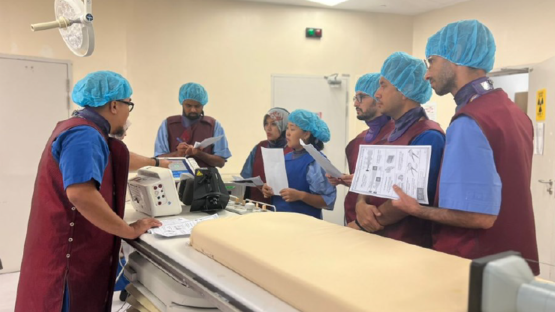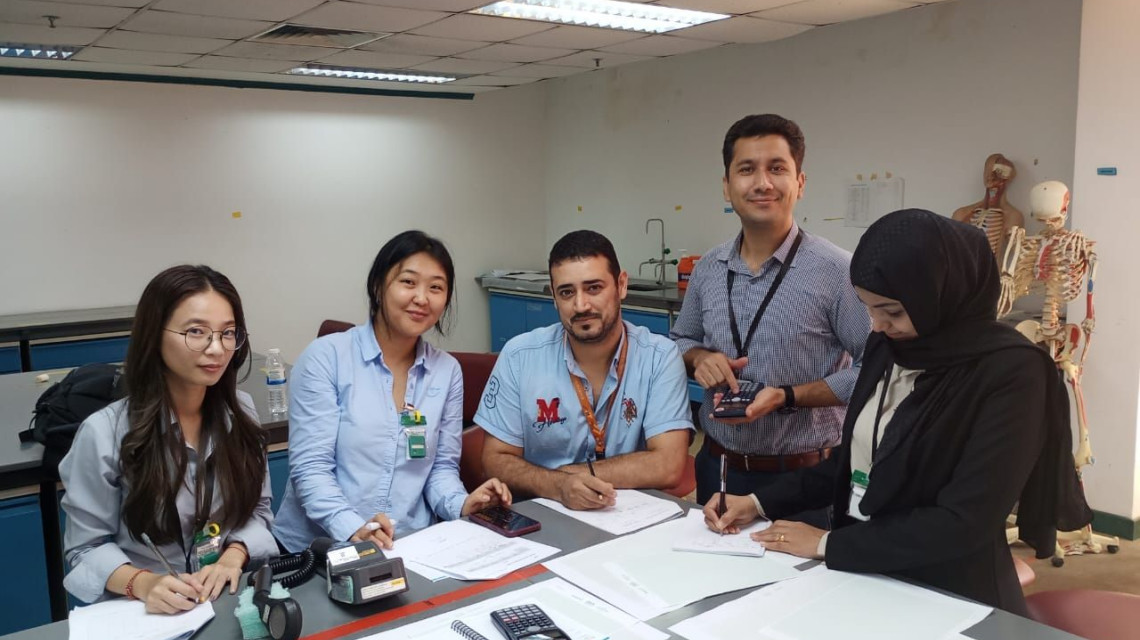Twenty-five radiation protection professionals from across Asia and the Pacific have just graduated from a six-month IAEA training programme designed to build sustainable skills in radiation protection, with the aim of enhancing radiation safety infrastructure across the region.
With a robust regulatory infrastructure in place, countries can expand their use of nuclear technology and techniques, with benefits for healthcare, energy production, agriculture, industry and research.
The IAEA Postgraduate Educational Course in Radiation Protection and the Safety of Radiation Sources (PGEC), which ran from May to November 2024 in Bangi, Malaysia, equipped participants with specialized knowledge and skills that will help to strengthen their national regulatory and radiation safety infrastructure in line with IAEA safety standards.
“The safety principles can be taught in the classroom, but their practical impact can only be truly understood when seen in the workplace,” said Liz Grindrod, an IAEA radiation safety training officer, adding that “the varied programme of this PGEC, including technical visits to a range of medical and industrial facilities, was designed to provide that essential context.”
The PGEC participants, who came from Afghanistan, Bangladesh, Cambodia, the Islamic Republic of Iran, Iraq, Jordan, the Lao People’s Democratic Republic, Malaysia, Mongolia, Nepal, Oman, Pakistan, Philippines, Saudi Arabia, Sri Lanka, Thailand and Yemen, learned about the international system of radiation protection and how to apply the principles of protection in all exposure situations. They also undertook research projects that addressed a radiation protection or safety issue in their home countries.
“I look forward to applying what I have learned on the course to further develop licensing and inspection in our national radiation protection programme,” said PGEC participant Amatulaleem Al-shhire, a radiation safety inspector at the National Atomic Energy Commission of Yemen.







